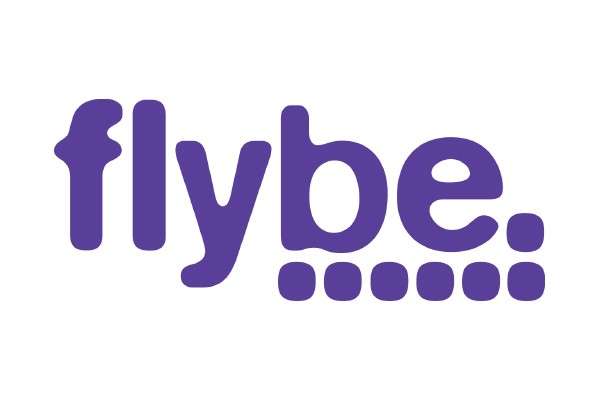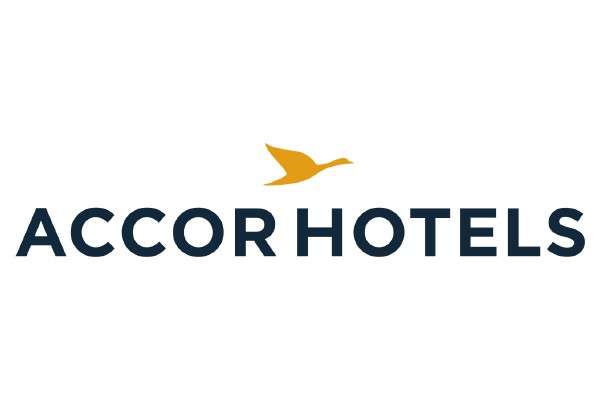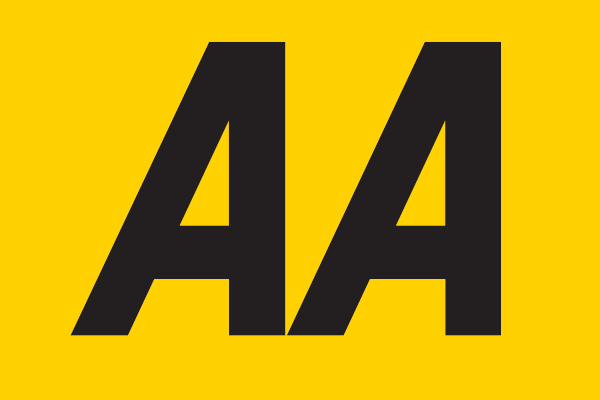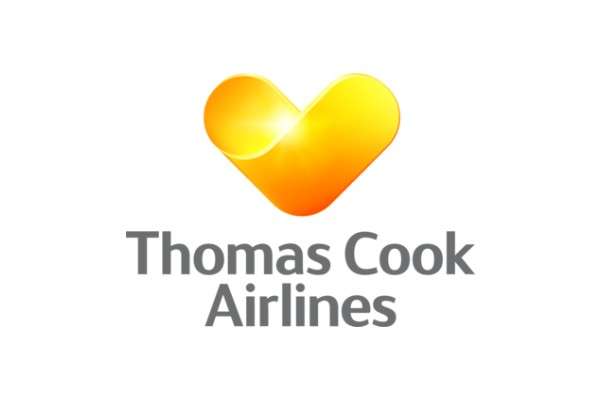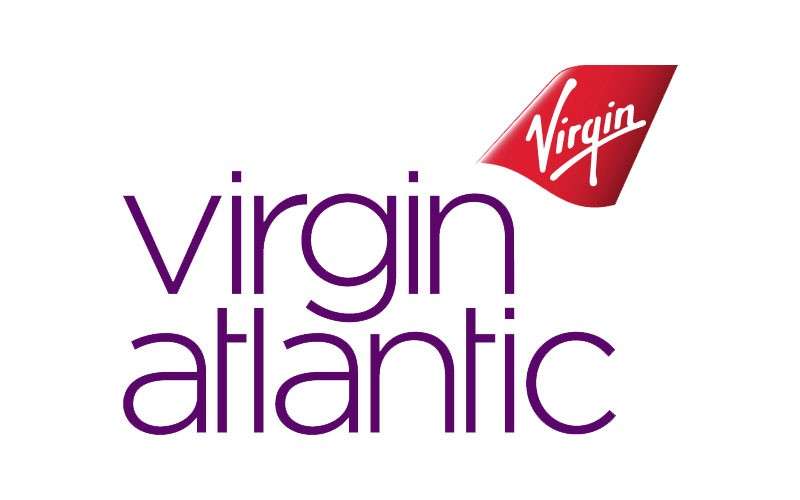
Holiday Parks
Static Caravan Laws
Rules and Regulations:
Static caravan laws are in place for the protection of both site owners and occupiers. If you own a static caravan or rent holiday caravans, it is essential to be aware of the rules and regulations.
Static Caravans Laws focus on transparency between owner and occupier. It is a requirement for the site owners to provide details of the contractual agreement in writing within 28 days of point of sale of the caravan home. This is a crucial requirement that leads to greater communication between both parties.
Search for a Company to begin a Claim
Caravan owners may be exposed to increases in pitch fees. Such fees tend to be reviewed annually at the discretion of the site owner. However, occupiers need to be aware of such reviews and increases in site fees and at least 28 days’ notice is required. As a caravan owner, you should receive written notice from the holiday park, and you are in your right to accept or refuse the new proposed terms. If there is a case where you do not agree to the price increase, then the site owner may take the case to County Court to help reach a decision.
Static caravan owners often query the entry rights the site owner holds to enter the park. The regulations surrounding this are pretty flexible and should be outlined in your agreement. Typically, they can have access between the hours of 9 am and 6 pm. The reason they will need entry may be to carry out repairs, maintenance or deliver mail. To be granted access for work that isn’t essential they should give notice of around two weeks.
Other static caravan laws focus on the safety and protection of the caravan owner. It is unlawful for site owners to make an occupier leave the premises without a court order. As an occupier, you should also always have access to gas, electricity and water. It is against the law for site owners to limit access to such provisions without a court order in place.
As an owner of a static caravan, it is important that you are aware of the rules and regulations in place. This can help the avoidance of any disputes or disagreements with the site owners of the park you are pitched on.
Living In A Static Caravan:
There are also specific laws for caravan owners wanting to live in their caravans which are essential to note. It is, in fact, illegal for you to live in a holiday caravan all your round. Holiday parks have specific rules that only permit caravans to be used for holiday purposes on their site. The static caravans and holiday homes on these sites should be rented out for holiday use only. Therefore, the address of the park cannot be used as your permanent address even if you do own the caravan.
The rules for living in a static caravan on residential land are perhaps a little more flexible. However, it is argued that static caravans should not be lived in all year round therefore making it difficult to find one for sale. Additionally, local councils and governments will have their own policies in place which may prevent the sale of a static caravan for full residency use.
So what about Private Land? For those wanting to have a static caravan sited on their own land to live in planning permission is required. However, planning permission isn’t always necessary when it comes to private property. You can have the caravan sited on your own land in most cases without
permission. This is because it would not make any major changes or have any implications on the land.
Overall, the regulations in place make it difficult for a static caravan to be an all year residency solution. You are therefore making the options for holiday caravans and holiday homes much more viable. You can enjoy breaks for a number of months and enjoy a short term break in your caravan.
Selling A Static Caravan:
If you no longer have a use for your static caravan, then you might be considering selling the caravan. Before you do be sure you aware of the specific limitations in place that could have a direct impact on the sale of your caravan.
If you do not own the land, your caravan is pitched on it can be challenging to sell your caravan. Because the caravan is your property, it will not be sold with its current pitch. This, therefore, means the caravan will need to be transported off-site to sell. This is not a very appealing proposition for potential buyers as many prefer to look for caravans and pitches in accordance with each other.
One idea could be to see if the site owner is interested in buying your caravan for potential lettings. Although selling to the site owner may be the only viable option it is important that you do not settle on an unfair deal. Conduct some research and see the prices caravans are selling for similar parks.
Overall, the laws and regulations in place for static caravans are somewhat broad and intense. However, it is important you are aware of them as a caravan owner. Whether you will be holidaying in the caravan or renting it out it is your responsibility as the owner to be mindful of all the regulations in place.
Static Caravan Owners Complaints
Unfair terms in static caravan agreements can, unfortunately, be quite common when you buy a caravan. As you will be pitching your caravan on a site for a long period, it is essential that you agree to the terms. The terms should be reasonable and lead to a positive agreement between both parties.
However, some caravan owners have complained in the past about unreasonable terms. An example of unfair terms may include:
- Exclusions that prevent the site owner from being liable for certain things such as damages and theft.
- Terms that outline unfair penalties and restrictions on you as the caravan owner.
- A lack of transparency about fees, charges and when payments should be made.
- Permissions granted to the owner to make changes to your caravan (move the location of your pitch) without you agreeing.
Those are just a few of the examples that have led to a multitude of complaints from static caravan owners.
As an example, back in 2000 static caravan owners complained to the Local Government Ombudsman Service. The caravan site they were pitched at lacked transparency about a 48% pitch fee price increase. This lead to a mass of complaints and disgruntled caravan owners.
If you feel like you have been subject to a breach of agreement or unfair terms then you do have a right to claim. Both trade associations and citizens advice companies will be able to advise you on the actions to take and guide you through the process. Seek advice if you are unhappy with the terms outlined in your agreement.
How to Complain About Holiday Accommodation
It is not only caravan owners that have a right to complain. If you are holidaying in a holiday home, self-catering accommodation or caravan that does not meet your expectations you too have a right to complain. If the holiday home does not meet your expectations upon arrival, then you could have a claim on your hands. There are a few ways in which you can issue your complaint about the holiday home.
It can be done whilst you are on the holiday park. The first step would be to get an official complaints form from the holiday company you are staying with. This should be signed by a representative at the park or someone in charge. You then should try to gather as much evidence to support your claim as possible. Take videos and pictures. Write things down, so you remember what has happened to be in a strong position to give a full report.
Another way to complain about maybe when you get home. This can be done directly with the holiday park or with the travel agents or tour operator you booked with. You should write to the complaints department in writing giving a full account of what’s happened. Include evidence, supporting documents, pictures and anything else that will help your case. You should be able to claim compensation and will receive a percentage of your payment or a full refund depending on the circumstances. If the compensation proposal is inadequate or they fail to resolve your complaint then there is a third alternative.
You can present your case to the trade body if booked through a travel company. The ABTA is the official trade body for tour operators and travel agents in the UK. Their online complaints hub will allow you to make a complaint against the travel company associated. If this too fails, then you could take your cases to the small claims court and take legal action. However, that is only done in extreme circumstances and is an expensive solution.
Overall, it is important to note what type of holiday you booked as this could have an impact on the nature of compensation you will receive. Did you book a package holiday? That includes services such as travel, flights, accommodation etc. Other types include “linked travel arrangement packages” this is where two or more travel services are booked with different companies. For examples flights and transfers booked separately. Additionally, the third one is an independent traveller. This means you booked the holiday yourself with a variety of different companies.
It is important that you are aware of your rights as both caravan owner and traveller. Disagreements between caravan owners and site owners mainly come from a lack of transparency. So it is important that you ask questions, conduct research and seek advice before signing any agreement you are unsure about. When making a complaint ensure you have all adequate details, written documents and supporting evidence to help aid your case.
Remember it is your responsibility to be aware of rules and regulations in place as a static caravan owner.



